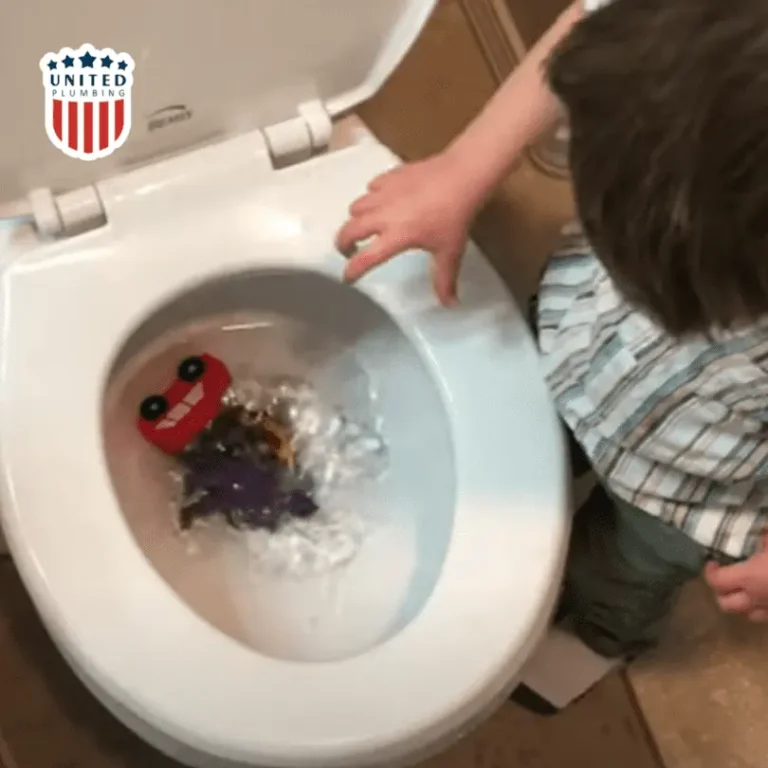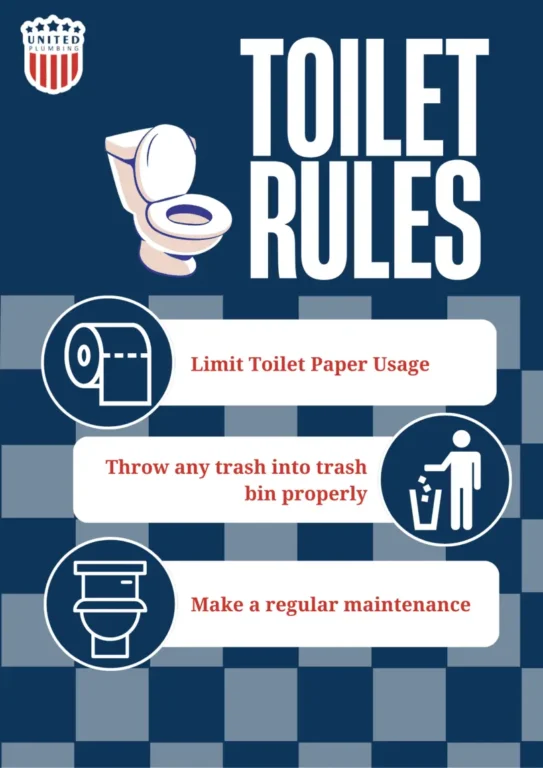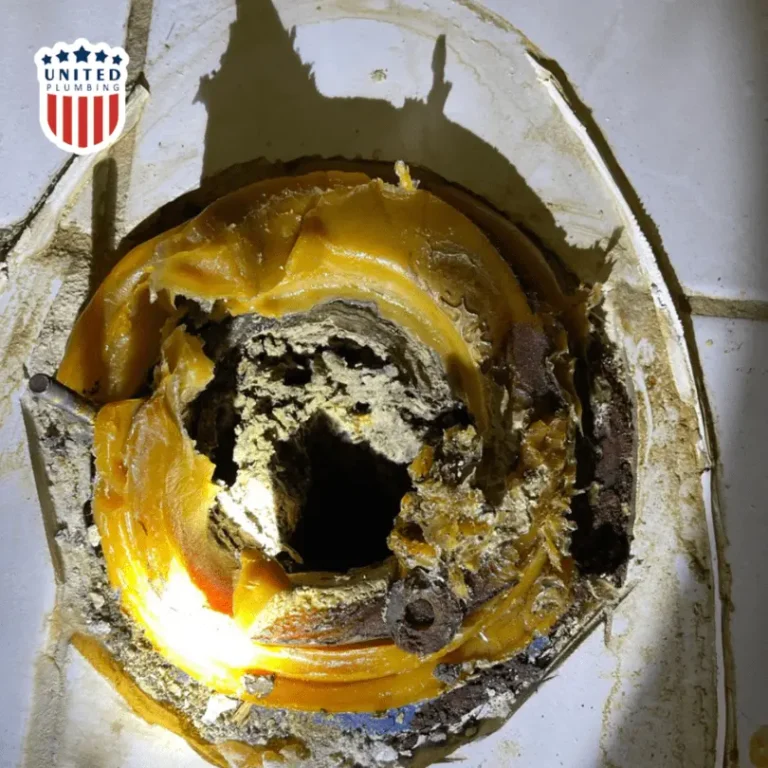FIVE-STAR TEAM WARRANTY &
SAME-DAY SERVICE
How Often Should You Clean the Drains at Your Home?
Drains are an essential part of any home’s plumbing system, responsible for carrying away wastewater and preventing clogs. However, over time, drains can become clogged with debris, grease, soap scum, and other substances, leading to slow drainage or even complete blockages. Regular cleaning of drains is essential to maintain proper function and prevent plumbing issues. But how often should you clean the drains in your home? In this article, we’ll explore the factors that influence drain cleaning frequency and provide guidelines for keeping your drains clear and free-flowing.
The frequency at which you should clean your drains depends on several factors, including:
Usage: The more frequently a drain is used, the more likely it is to accumulate debris and develop clogs. High-traffic areas such as kitchen sinks and showers may require more frequent cleaning than drains in less-used areas of the home.
Type of Drain: Different drains accumulate different types of debris. For example, kitchen drains often collect grease and food particles, while bathroom drains may trap hair, soap scum, and toothpaste residue. The type of debris that accumulates will influence how often the drain needs to be cleaned.
Household Habits: Certain household habits can contribute to drain clogs. For example, pouring grease down the kitchen sink or flushing non-flushable items down the toilet can lead to blockages. Adjusting these habits can help reduce the frequency of drain cleaning.


Plumbing System Age: Older plumbing systems may be more prone to clogs and buildup due to wear and corrosion. Regular maintenance and cleaning can help prevent issues in aging plumbing systems.

Guidelines for Drain Cleaning Frequency:
In addition to cleaning from a pro once per year, keep your drains clean with a weekly and monthly maintenance routine.
Kitchen Drains: Clean kitchen drains at least once a month to prevent grease buildup and food particle accumulation. Consider using enzyme-based drain cleaners regularly to help break down organic matter and prevent clogs.
Bathroom Drains: Clean bathroom drains every 1-3 months, depending on usage and the presence of hair and soap scum. Use a drain snake or plunger to remove hair and debris from shower and bathtub drains, and consider using a drain cover to catch hair and prevent it from entering the drain.
Toilet Drains: Clean toilet drains as needed, especially if you notice slow flushing or water backing up into the bowl. Avoid flushing non-flushable items such as cotton swabs, sanitary products, and baby wipes, as these can cause blockages.
Post views: 399
Latest posts

How To Wire an Outlet
Adding or replacing an electrical outlet in your home can seem intimidating, but with the right tools, safety steps,...

Best Tankless Water Heater
Three weeks ago, my neighbor called me at midnight because her tank water heater died spectacularly—water...


If you still have questions or need advice, please leave a request and we will contact you as soon as possible
Need a plumber and got no clue where to start?
(408) 539-6936Facing a plumbing issue? Get a FREE in-person estimate and quick solutions from our skilled technicians, ensuring your home runs smoothly again!
